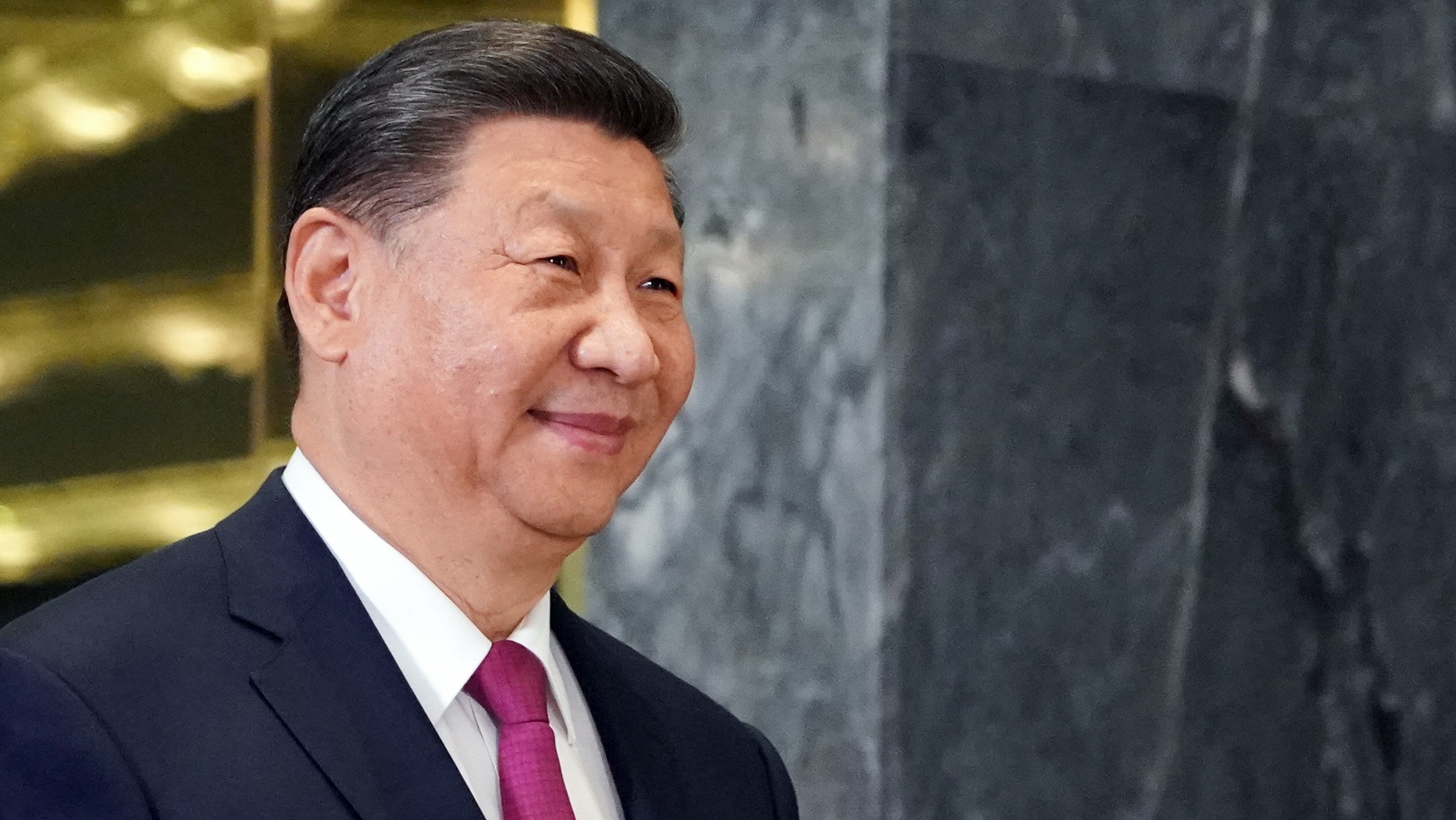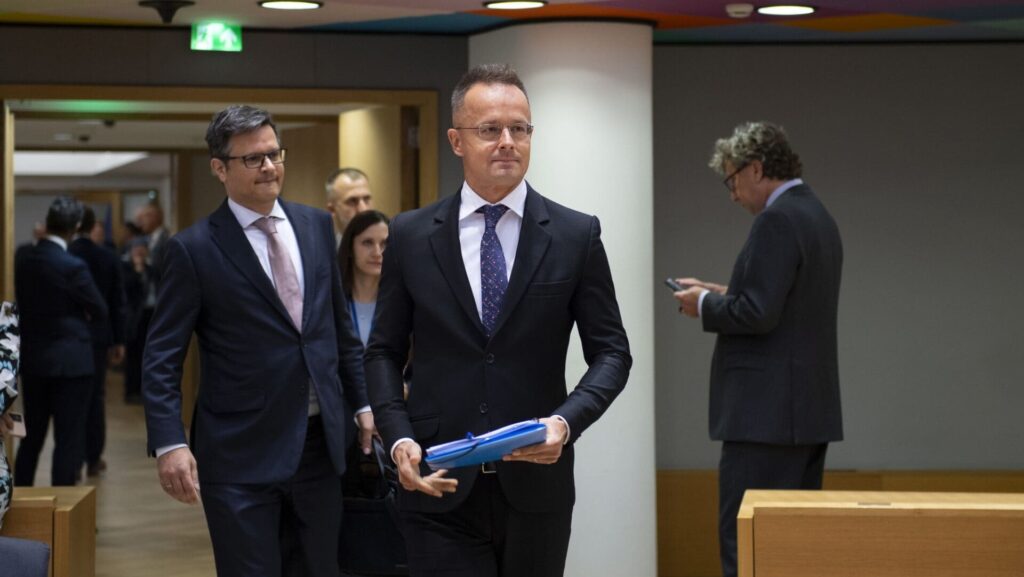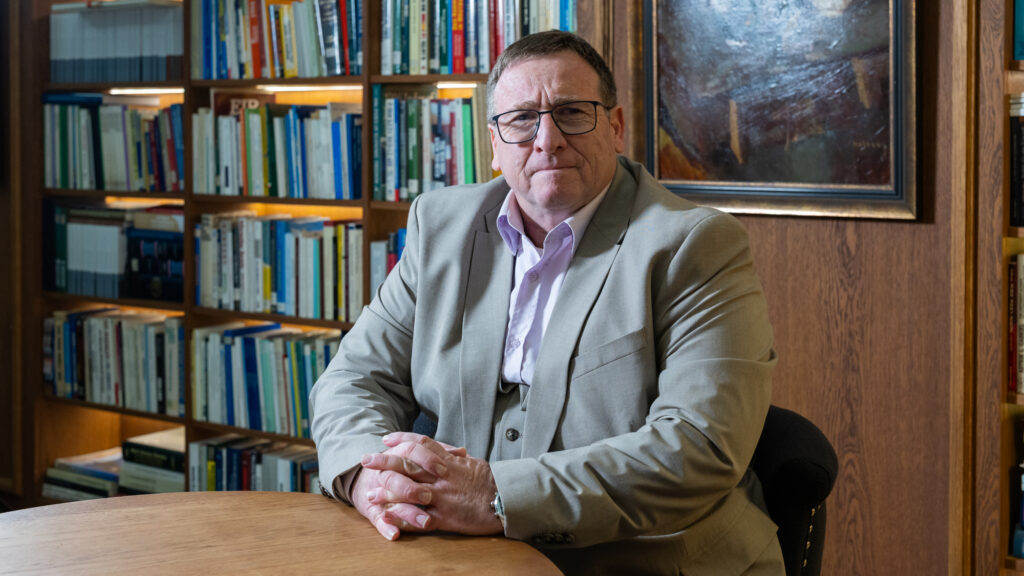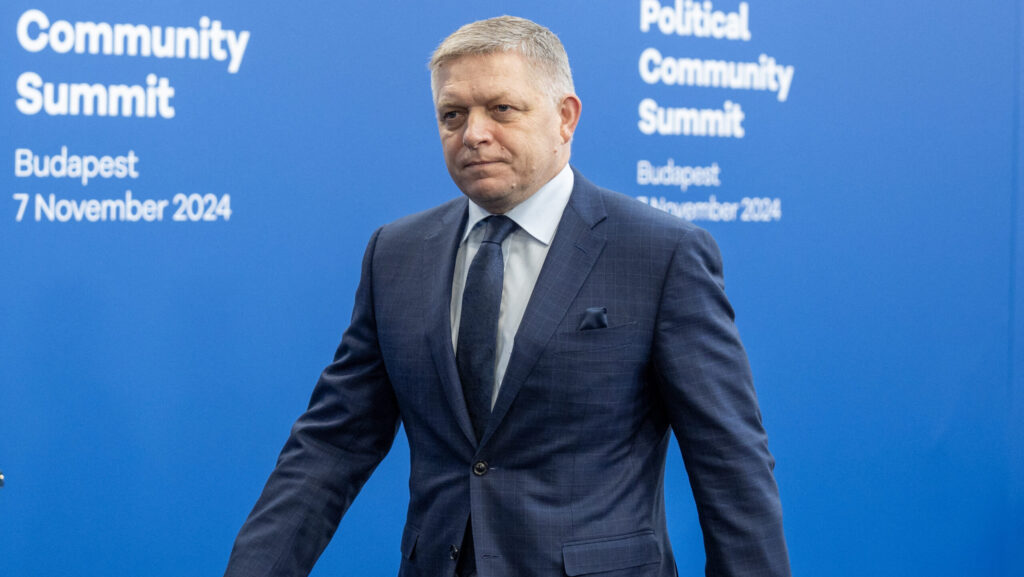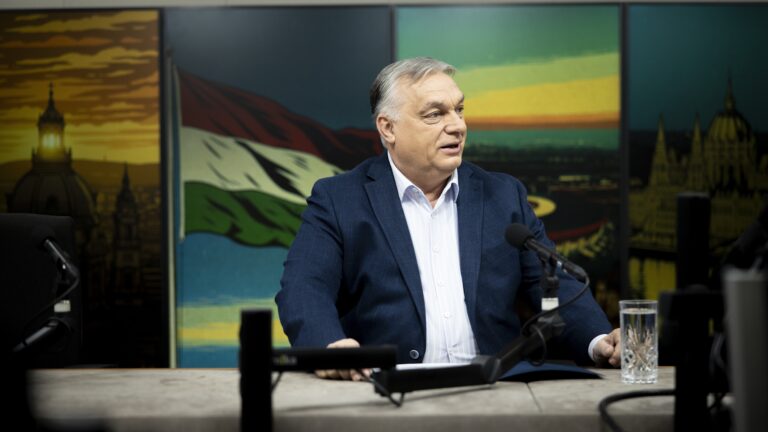On 30 June, just one day before the founding anniversary of the Chinese Communist Party (CCP), Party leader and President Xi Jinping, on his own initiative, announced the creation of the Central Party Decision-Making and Coordination Body. Its purpose is centralize leadership within the CCP and ensure the implementation of key tasks. The new regulations aim to standardize the Body’s establishment, responsibilities, and operations, emphasizing coordination without replacing other organs, while ensuring proper oversight of major national issues.
This was immediately interpreted by certain geopolitical analysts, YouTube channels, and both mainstream and social media outlets as an unprecedented move by the CCP to rein in the collective leadership system (or democratic centralism), overriding the Party Secretary and the Politburo—i.e., a formal sidelining of Xi’s 13-year power grip.
Speculation over a potential weakening of Xi’s dictatorial power had already began to be raised after his two-week absence from public view between 21 May and 5 June of this year. He also did not attend the BRICS two-day summit in Rio de Janeiro, Brazil, notwithstanding that Xi made BRICS the magnet of his push to reshape the global balance of power in China’s favor.
Many also pointed to another event that occurred on 27 June, when China’s rubber-stamp legislature, the National People’s Congress, announced the removal of Admiral Miao Hua—one of Xi Jinping’s most trusted allies—from the CCP’s highest military command body, the Central Military Commission. In fact, since July 2024, senior military officials loyal to Xi—such as Defense Minister Li Shangfu and Vice Admiral Li Hanjun, Chief of Staff of the People’s Liberation Army Navy—have reportedly been suspended.
President of the International Strategic Studies Association Gregory Copley went so far as to say:
‘There is a craving on the part of the Communist Party not to be seen as going through a revolutionary change. So basically all the props have been removed now around Xi Jinping. He basically has no more power…He is there for public appearances only and then under careful stricture. So we’re looking at a move that has already occurred back towards collective leadership within the CCP….at either August or November we’ll start to see the new face emerge.’
‘This would be the first time in China’s history, at least since Mao Zedong’s dictatorial takeover in 1949, that a leader would be toppled’
In lieu of Xi, various reports pointed to General Zhang Youxia, the First Vice Chairman of the Central Military Commission and a longtime ally of Xi as the person who is now calling the shots. In effect, this would be the first time in China’s history, at least since Mao Zedong’s dictatorial takeover in 1949, that a leader would be toppled.
All things being possible, as the celebrated American author and humorist Mark Twain once said—or is at least attributed with saying: ‘I have heard on good authority that… [t]he report of my death was an exaggeration.’
And while Xi’s deposition would be more than welcomed by many, the understanding that he is on his way out is premature, if not altogether pure hype.
Ever since Xi became General Secretary of the CCP in 2012—and President of China the following year—he has worked to frame Party history within what is called the ‘New Era’: the enshrinement of his personal ideological ‘thought’ in the Party constitution, which emphasizes the incontestability of his supremacy. Essentially, he elevated himself above potential rivals by canonizing his words and deeds as the CCP’s official ‘line.’ Consequently, even the slightest critique or questioning came to be seen as an attack on the Party itself—a risk few cadres were willing to take.
Whether it is called collective leadership or democratic centralism, it is not to be viewed as a check on Xi’s authoritarianism, but rather as a Leninist organizational system asserting the unified central leadership of the Party—a tool the CCP has also used to suppress opposing voices under the pretense of combating internal corruption.
Xi’s leadership efforts to promote ‘democratic centralism’ maintain the backing of all seven members of the Politburo Standing Committee, as well as more than half of the broader Politburo’s 24 members, who are his protégés.
‘When it seemed he might become a threat to national security, he only further consolidated his power’
Perhaps even more striking is that Xi has not made any careless, cataclysmic mistakes that would convince his allies his continued rule is a liability to the Party or to them. And when it seemed he might become a threat to national security, he only further consolidated his power.
In 2022 rumours of his deposition circulated, even to the point of being placed under house arrest after his Covid-19 gambit. His measures resulted in widespread lockdowns that handicapped economic activity, threatened social stability, and saddled provincial governments with unresolvable levels of debt. Instead of being reprimanded by the CCP, he was endowed with an unprecedented third term as Party chairman.
It can be said that the news of Xi’s supposed loss of power—thus far based on selective and often decontextualized observations—is nothing more than a canard. While analysts point to his absence at the aforementioned BRICS Summit in Brazil, they tend to disregard his visit and participation in the China–Central Asia Summit in Astana, Kazakhstan, on 16–18 June—this after his trips to Vietnam, Malaysia, and Cambodia in April, and to Russia in May. Of course, this does not explain why he missed the BRICS meeting.
And just recently, during the EU–China summit hosted by Xi, not only was there no Chinese delegation to welcome European Commission President Ursula von der Leyen and other top EU leaders, but the Chinese autocrat also made them take a bus to reach the summit venue. This does not look like a man who is on his way out.
Communist China is far from a transparent nation-state, to say the least. While rumours and coded messages can offer hints of rifts or behind-the-scenes shake-ups within the body politic, I tend to believe that, at least for now, such talk is nothing more than hopeful speculation.
Removing the most powerful Chinese leader since Mao Zedong would resemble past episodes of political upheaval, which brought down some of the most senior CCP figures, like Vice Chairman and apparent heir to Mao Liu Shaoqi. Having advocated for pragmatic economic reforms, he was purged and summarily placed under house arrest in 1967.
‘China today is certainly a much more stable country—and getting even stronger’
China today is certainly a much more stable country—and getting even stronger. Back in April, for example, when President Donald Trump imposed heavy tariffs on China, many thought Xi would cave. Instead, he responded by cutting off access to rare earth minerals necessary for technology, autos, aerospace, and defense, which forced Trump to renege on his dockside bullying.
Former U.S. diplomat Gregory Slayton said in a New York Post op-ed that Xi Jinping, once thought untouchable, may be on his way out. Until there is tangible evidence to prove this, the coup narrative remains nothing more than conjecture.
The views expressed by our guest authors are theirs and do not necessarily represent the views of Hungarian Conservative.
Related articles:

